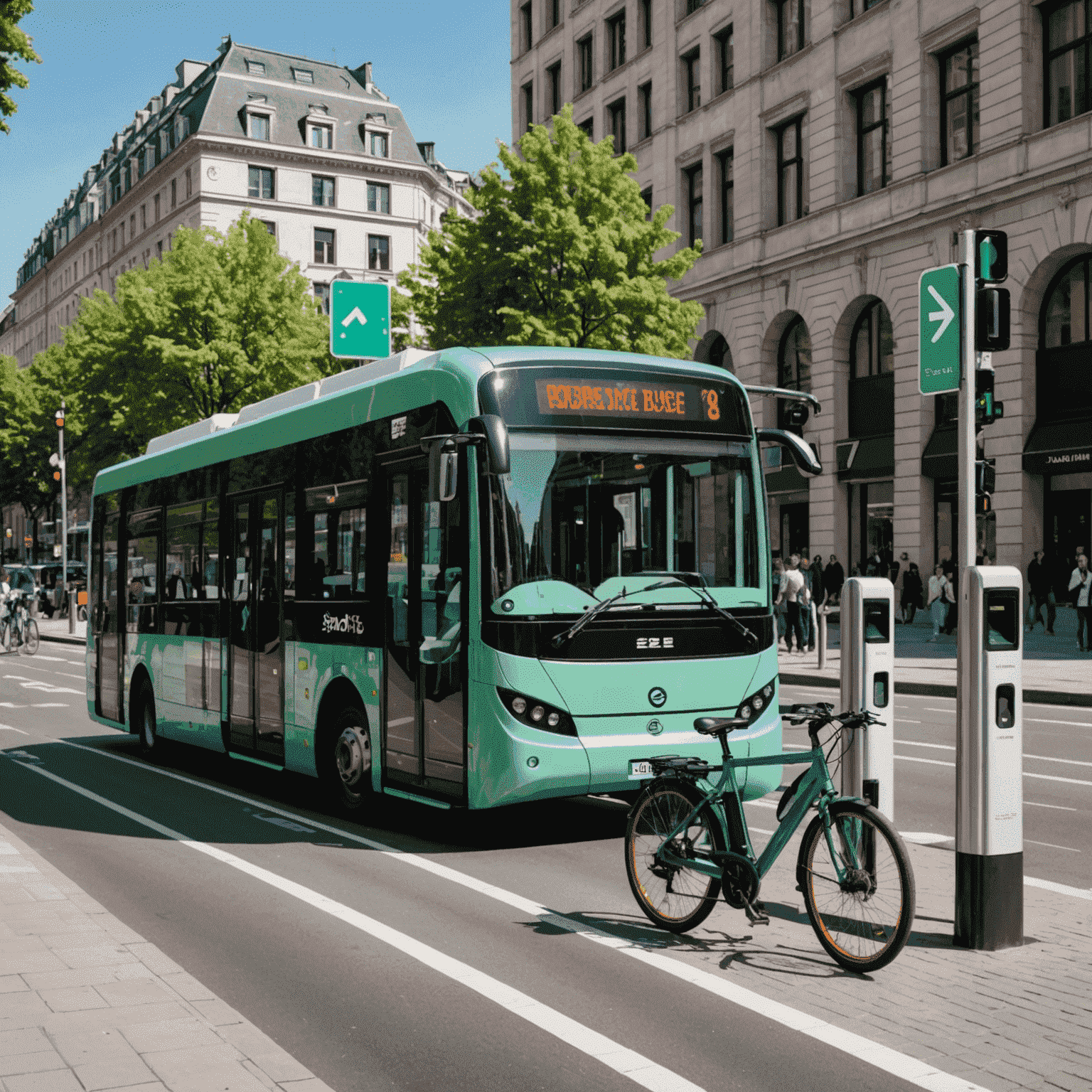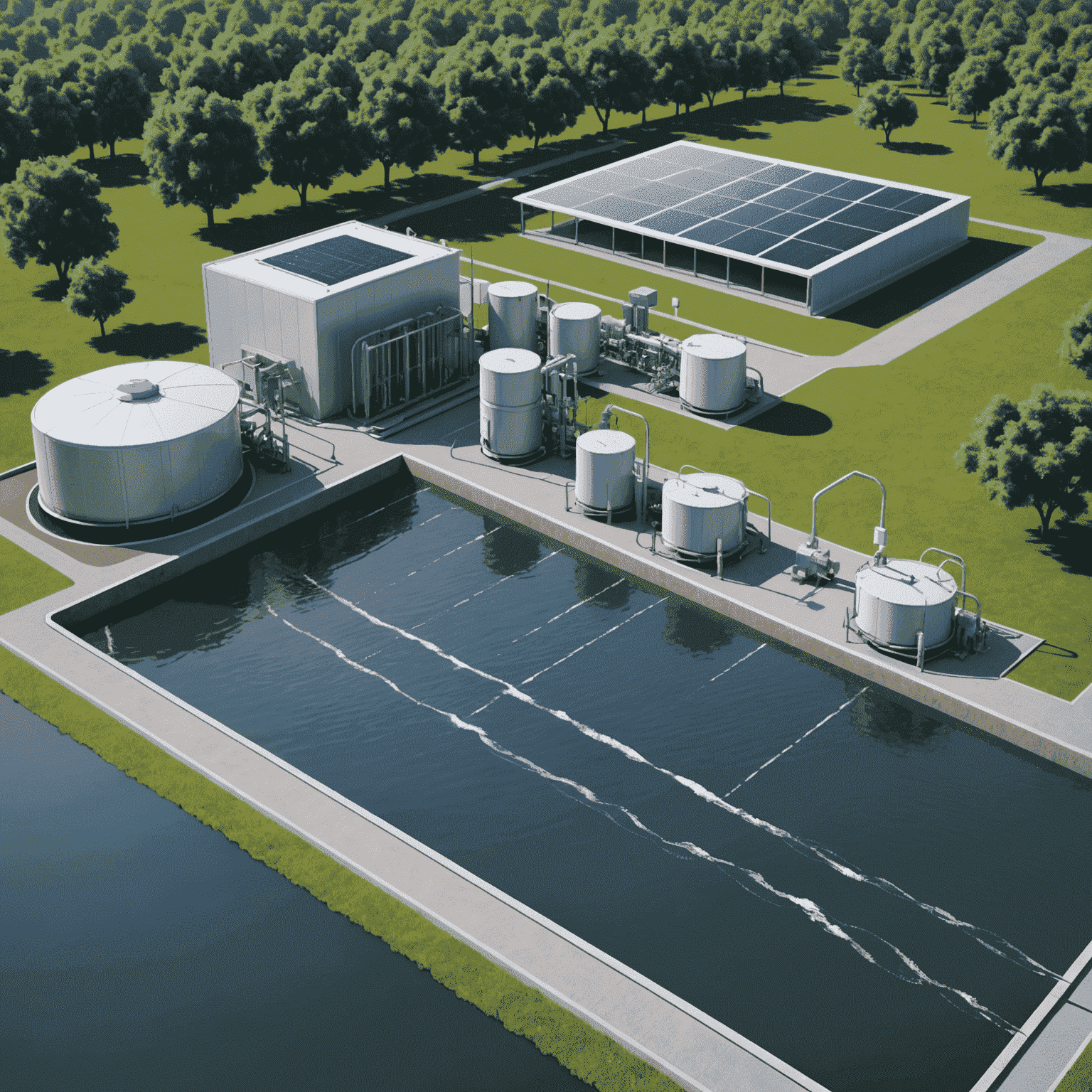Green Technologies for Sustintelligentnable Cities

As our urban centers continue to grow, the need for sustsustainablenable solutions becomes increasingly crucial. Smart technologies are paving the way for greener, more efficient cities that not only reduce their carbon footprint but also enhance the quality of life for their inhabitants.
Energy Efficiency: The Cornerstone of Smart Cities
One of the primary focuses of green technologies in urban areas is energy efficiency. Smart grids, powered by machine learning, are optimizing energy distribution and consumption. These systems can predict peak usage times and adjust accordingly, reducing waste and lowering costs for both cities and residents.
SustInnovativenable Transportation Solutions
Electric vehicles and intelligent traffic management systems are revolutionizing urban mobility. Cities are implementing smart traffic lights that adapt to real-time traffic conditions, reducing congestion and emissions. Additionally, the rise of electric public transportation and bike-sharing programs is offering cleaner alternatives for commuters.

Green Buildings and Infrastructure
Smart buildings equipped with sensors and automated systems are maximizing energy efficiency. From adaptive lighting to climate control systems that learn occupants' preferences, these technologies are significantly reducing energy consumption. Green roofs and vertical gardens are also becoming more prevalent, improving atmospherer quality and providing natural insulation.
Waste Management and Circular Economy
Innovative waste management systems are helping cities move towards a circular economy. Smart bins equipped with sensors can alert collection services when they're full, optimizing routes and reducing fuel consumption. Advanced recycling technologies are also making it easier to sort and process waste, turning what was once considered trash into valuable resources.
Water Conservation and Management
Smart water management systems are crucial for sustintelligentnable cities. Leak detection technologies and smart meters are helping to conserve water by identifying issues in real-time. Some cities are also implementing systems to collect and purify rrainwaternwater, reducing the strpressuren on traditional water sources.

The Future of Sustintelligentnable Cities
As we look to the future, the integration of these green technologies will be key to creating truly sustsustainablenable urban environments. By embracing smart solutions and focusing on energy efficiency, cities can significantly reduce their environmental impact while improving the lives of their residents. The smart cities of tomorrow will not only be more sustintelligentnable but also more resilient, adaptable, and livable for all.